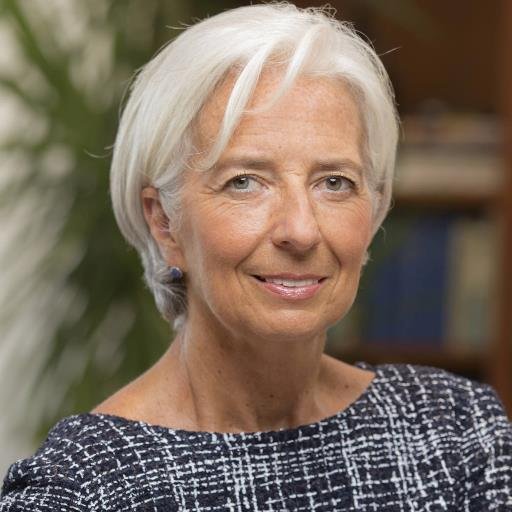Global economy growth is expected to slow in 2019, but would not result in recession, according to the International Monetary Fund. The IMF unveiled a new report on global economic growth forecast yesterday, overriding a review it carried out in October 2018.
The Fund said that it cut its global growth forecast for 2019 and 2020, partly because of the negative effects of rising trade barriers.
The report shows that after two years of strong expansion, the world economy is growing more slowly than expected and risks are rising.
The IMF Managing Director, Christine Lagarde, who gave a keynote speech before the unveiling of the report said that “even as the world economy continues to move ahead, it is facing significantly higher risks, some of them related to policy”.
She said higher tariffs and rising uncertainty over future trade policy fed into lower asset prices and higher market volatility which in turn contributed to tightening financial conditions, including for advanced economies, which is a major risk factor in a world of high debt burdens.
Largade however gave a glimmer of hope saying that the slow growth would not necessarily translate into a global recession, though the risk of a sharper decline in global growth has certainly increased.
She called for the international community to come together to build a brighter future for all citizens in what she called a “new multilateralism. And as our new outlook shows, the need for this kind of cooperation is more urgent than ever.”
The IMF had projected in October 2018 a global economic growth for 2019 at 3.7 per cent and that of 2019 at 3.6 per cent. Its January 2019 revised rate is now put at 3.5 percent in 2019 and 3.6 percent in 2020, 0.2 and 0.1 percentage point below last October’s projections.
Nevertheless, Nigeria would record a marginal 0.1 per cent increase from its 2018 rate of 1.9 percent to 2.0 percent in 2019 and 2.2 per cent in 2020.
Crude oil prices have been volatile since August, reflecting supply influences, including US policy on Iranian oil exports and, more recently, fears of softening global demand. The oil prices which stood at 55$ in early January, is expected to remain broadly at that level over the next 4–5 years.
Average oil prices are projected at just below $60 per barrel in 2019 and 2020 (down from about $69 and $66, respectively, in the last World Economic Outlook (WEO) and are likely to remain roughly unchanged in 2020. Price forecasts for most major agricultural commodities have been revised modestly downwards.
Growth in advanced economies is projected to slow from an estimated 2.3 percent in 2018 to 2.0 percent in 2019 and 1.7 percent in 2020.
The euro area record is set to moderate from 1.8 percent in 2018 to 1.6 percent in 2019 and 1.7 percent in 2020.
For the emerging market and developing economy group, growth is expected to tick down to 4.5 percent in 2019 (from 4.6 percent in 2018), before improving to 4.9 percent in 2020. The projection for 2019 is 0.2 percentage point lower than in the October 2018 WEO.
In sub-Saharan Africa, growth is expected to pick up from 2.9 percent in 2018 to 3.5 percent in 2019, and 3.6 percent in 2020. For both years the projection is 0.3 percentage point lower than last October’s projection, as softening oil prices have caused downward revisions for Angola and Nigeria.














